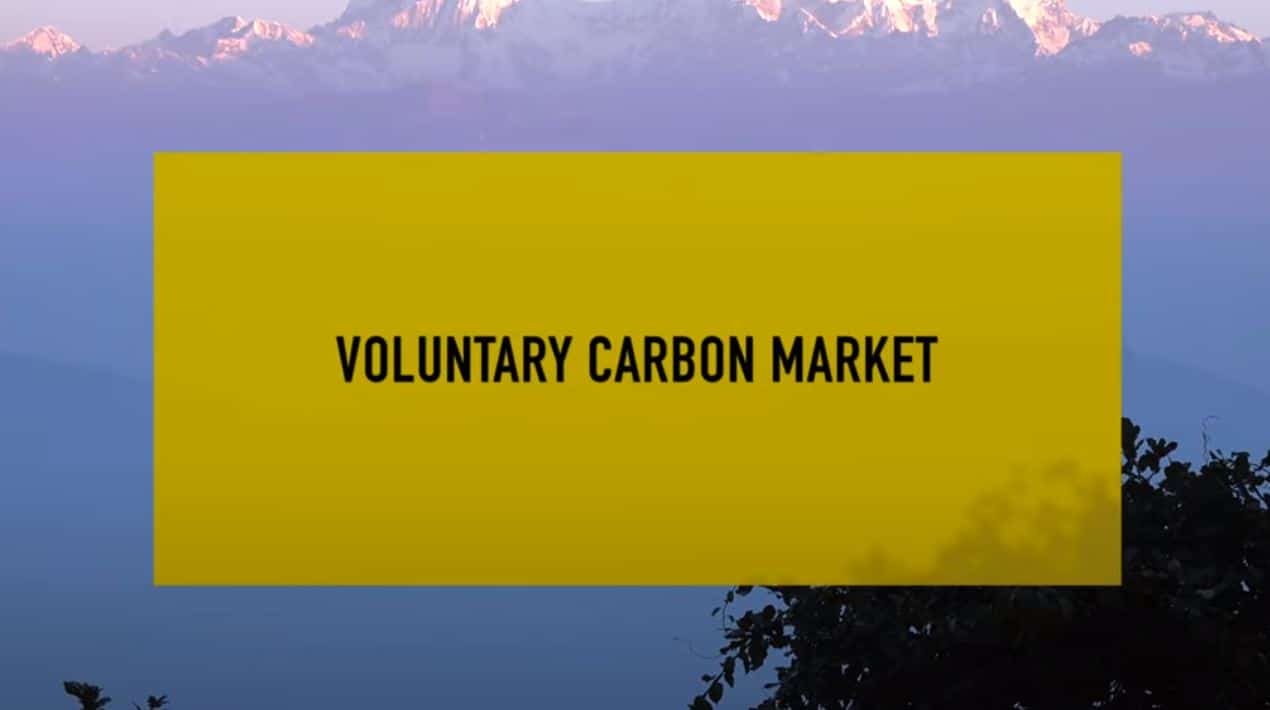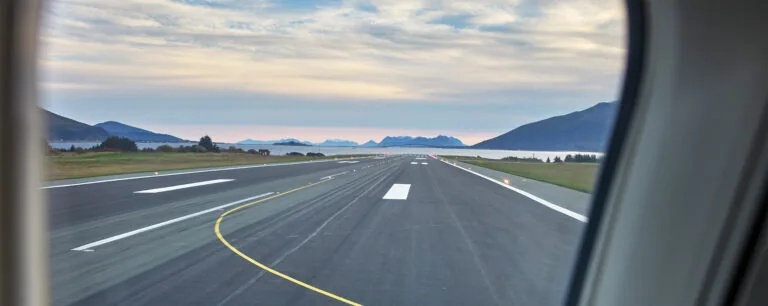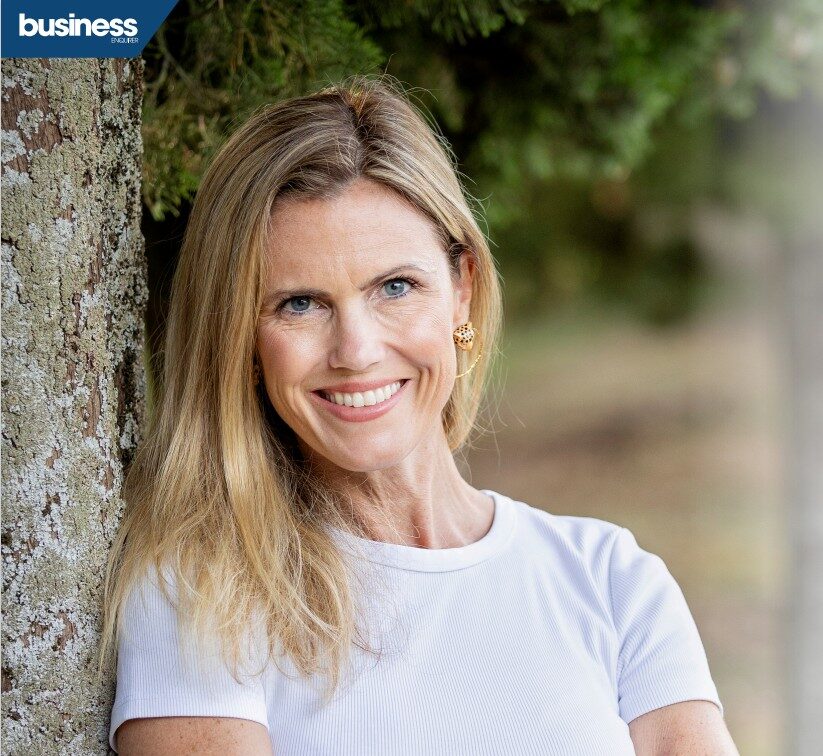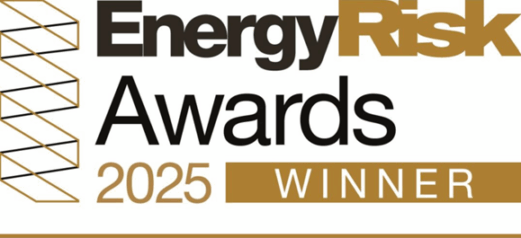SCB CEO Kevin McGeeney reports from site visits to carbon projects in India, Nepal and Bangladesh with an urgent message to support emissions avoidance projects which also result in better health and wellbeing in the communities where they are located.
Speaking from the Rohingya Refugee Camp 26, in Teknaf, Cox’s Bazaar, Bangladesh, SCB CEO Kevin McGeeney, said:
“The VCM is an efficient process by which companies big and small can reduce their impact on the environment, every tonne of CO2 offset in the voluntary carbon markets is a great step forward. A tonne of emissions genuinely avoided has the same net impact on the environment as a tonne of emissions removed, we all face the same mathematics.
In developing countries such as Bangladesh where we are today, the funding from carbon offset projects provides vital development tools. Clean cooking stoves which we are distributing today reduce deforestation in the local environment by up to 80 percent and for the communities, the clean cooking stoves reduce respiratory disease from smoke inhalation from cooking, which in Bangladesh alone kills more than 100,000 people per year. And there are plenty of other co-benefits from such a programme.
By offsetting in the voluntary carbon markets, you show you take responsibility for your emissions and their effect on the environment and you tell the people of the world, including these people here, that you care.
Communities in developing countries are those most affected by climate change and are also those on the front line to address it.
SCB teamed up with development partners VNV Advisory to visit three projects in Asia which are contributing credits to voluntary carbon markets via community-led initiatives.
In India, SCB and VNV support a community-led project for afforestation and improved livelihoods, initially in the Nainital District of Uttarakhand where four million trees are being planted.
In Nepal, SCB and VNV’s trusted implementing partners are installing 80 clean drinking water systems, avoiding the deforestation and respiratory diseases that accompany decontamination of water by boiling it on a wood fire.
In Bangladesh, SCB is financing the distribution and use of 100,000 clean cookstoves to Rohingya Refugees and the wider community, via a national foundation with an expansive network.
The project will undergo Gold Standard registration, expected to lead to at least 1 million metric tonnes of CO2 abatement over a five-year period, generating at least 200,000 carbon credits per annum.



